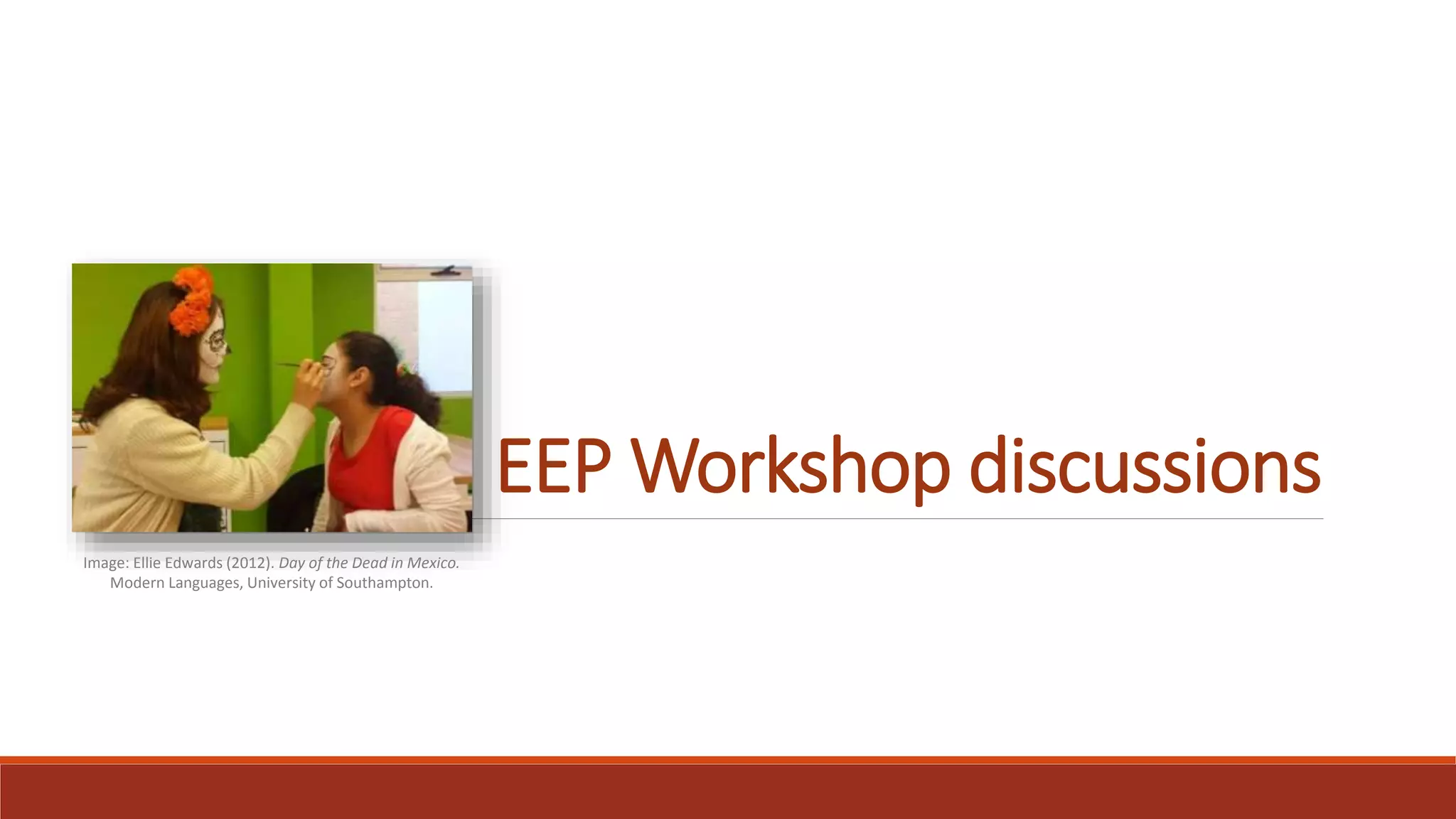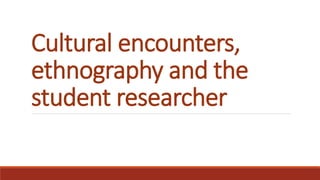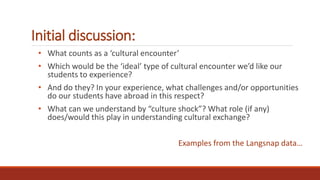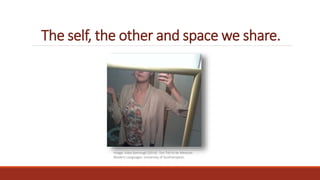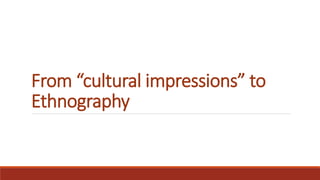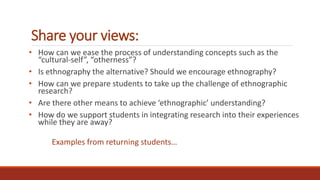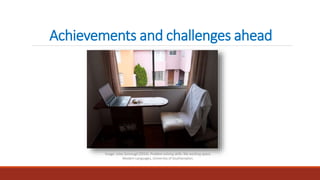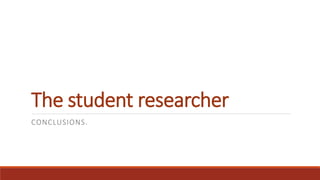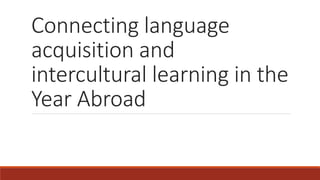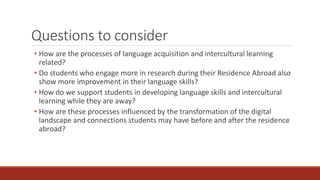This document discusses challenges and opportunities for students studying abroad to have cultural encounters and experiences. It considers how concepts like cultural self-awareness, cultural impressions, and ethnographic research can help students understand other cultures during their time overseas. The document poses questions about how language acquisition relates to intercultural learning during study abroad programs and how universities can best support students' language development and cultural understanding through their international experiences.
